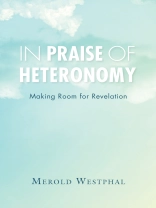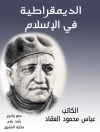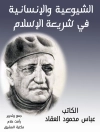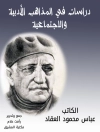Recognizing the essential heteronomy of postmodern philosophy of religion, Merold Westphal argues against the assumption that human reason is universal, neutral, and devoid of presupposition. Instead, Westphal contends that any philosophy is a matter of faith and the philosophical encounter with theology arises from the very act of thinking. Relying on the work of Spinoza, Kant, and Hegel, Westphal discovers that their theologies render them mutually incompatible and their claims to be the voice of autonomous and universal reason look dubious. Westphal grapples with this plural nature of human thought in the philosophy of religion and he forwards the idea that any appeal to the divine must rest on a historical and phenomenological analysis.
Table of Content
Sigla
Preface
1. Executive and Legislative Autonomy
2. Spinoza’s Theology
3. Spinoza’s Hermeneutics
4. Kant’s Theology
5. Kant’s Hermeneutics I
6. Kant’s Hermeneutics II
7. Hegel’s Theology I
8. Hegel’s Theology II
9. Hegel’s Hermeneutics
10. The Inevitability of Heteronomy
11. Heteronomy as Freedom
Notes
Index
About the author
Merold Westphal is Distinguished Professor Emeritus of Philosophy, Fordham Universityand Honorary Professor, Australian Catholic University. His most recent works include Transcendence and Self-Transcendence (IUP) and Levinas and Kierkegaard in Dialogue (IUP).












